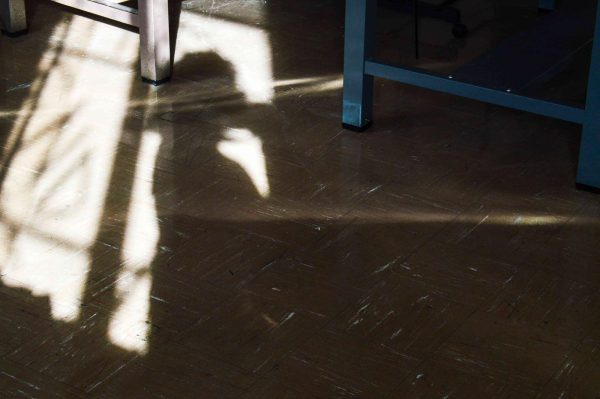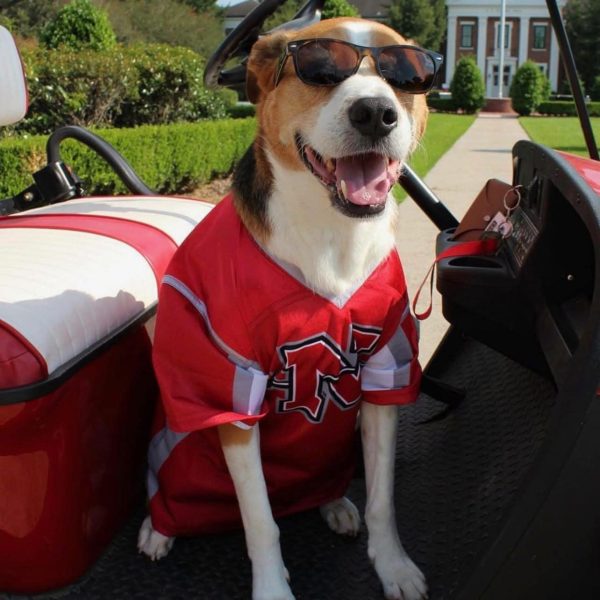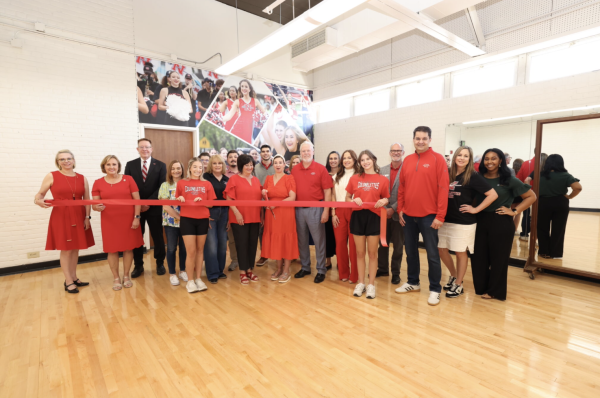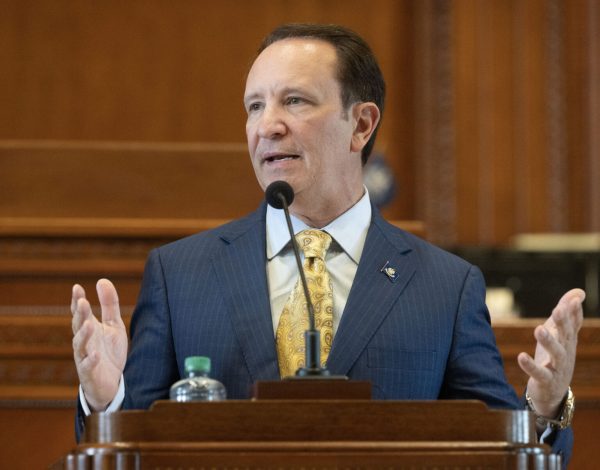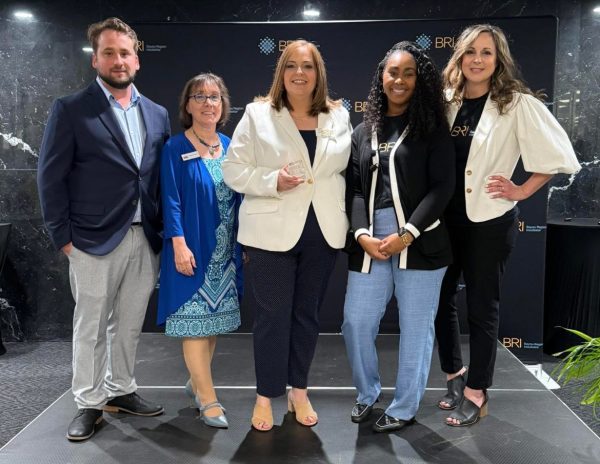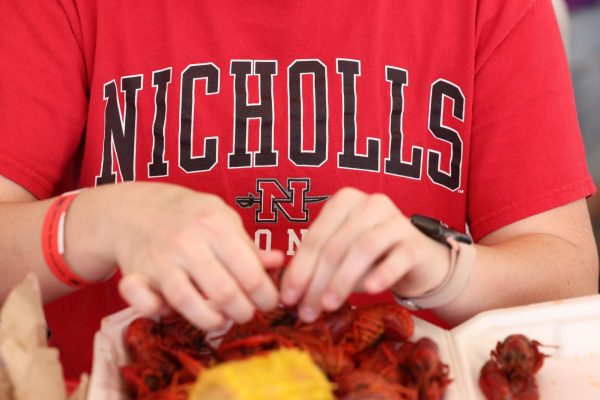University president looks back on fall semester
The semester is coming to a close and University President Bruce Murphy discussed some of the fall 2015 highlights and changes facing Nicholls State University.
The beginning of classes this semester marked the opening of the new Lanny D. Ledet Culinary Arts building. Some of the 33,000 square foot building’s features include six kitchens, a full-size restaurant for Bistro Ruth class and lecture classrooms. The official groundbreaking for Ledet Hall was March 5, 2013, and a little over two years later, the grand opening ceremony took place on Aug. 20, 2015.
Another one of Murphy’s highlights of the fall semester was his trip to Cuba with the American Association of State Colleges and Universities. Since he returned, his mind has been whirling with ideas for student study abroad opportunities, faculty exchanges and Cuban cooking classes in the Culinary Arts department.
The Petroleum Engineering and Technology Services program has continued to grow this semester, despite a recent downturn in the local oil and gas industry.
“Unfortunately we don’t have the capacity to take in everybody. We have waiting lists for the PETSM program, we’re going be able to continue to expand the facilities,” Murphy said. “We’ve been improving the classrooms, knocking down walls and making them bigger.”
There are also plans for two new PETSM labs, a process control lab and a safety simulator.
“We’d like to get these state-of-the-art labs up and running because we think that once we do, the students will be prepared at a higher level for their jobs,” Murphy said. “The company will be able to save money, and won’t have to send them off to training.”
The PETSM program has also received several donations this year including some from companies like Capital One and organizations like the Morgan City Oilfield Fishing Rodeo.
The University broke ground on the $6.7 million renovation in Talbot Hall at the beginning of this semester.
“Next spring we’re going to have the opening of the Al and Mary Danos Theater. We think it’s going to open in April,” Murphy said. “Right now, there’s no stage or seats. It’s all going to be new.”
Al Danos, one of the Nicholls Foundation board members leading the way on this project, passed away earlier this year, and the foundation board unanimously agreed to change the name of the Mary Danos Theater to the Al and Mary Danos Theater in his honor.
Renovations and donations are not the only changes the University faced this year. School spirit has increased exponentially with the new leadership of the football team and changes to tailgating at games.
Tim Rebowe was announced as the new head football coach almost one year ago, and since then, the Colonels have broken their 23-game losing streak and added two wins to their record this season.
“There are a lot of people that say, ‘two wins?’ It’s not about the wins,” Murphy said. “I’ve been on the field and in the locker room— it’s a night and day difference. This team believes in each other and works hard to do the things that coach puts out there.”
Murphy credits the change in student tailgating as one of the reasons for the increase in school spirit at home games.
The new “N” zone tailgating spot in the end zone of the field was an idea the athletic department came up with. At first, students were hesitant about the idea, which explained the low turn out in the “N” zone for the homecoming game, but after fraternity and sorority leaders met with Murphy, the number of students utilizing the space increased for every game.
“That’s something that next year hopefully we can pick up where we left off and really build that,” Murphy said, “At first I was skeptical. Will they all fit? Are we allowed to do that? But, they are by large very well behaved and have spirit. They’re at the game. That’s what we want, we want to know what students want.”
Another more recent change the University is implementing is the change in Communicative Disorders and Athletic Training degrees. Both degree programs will be converted into concentrations and will no longer include clinical classes.
Murphy said the students’ degrees will not be any less competitive for graduate school, but will “be more the same to everybody else’s degree.”
“Once upon a time, all communicative disorders programs had clinicals, and then one by one they figured out that’s not necessary,” Murphy said. “I know there’s some pushback, but we really think this is the right decision to make.”
Nicholls was one of the last schools in the state to offer clinical classes for communicative disorders.
“One of the newspapers came out and said ‘students left in limbo’ we are not allowed to leave students in limbo. Our regional accrediting body, the Southern Association of Colleges and Schools, has a specific provision where if you eliminate a program, you have to have a “teach out” for any students in it,” Murphy said.



